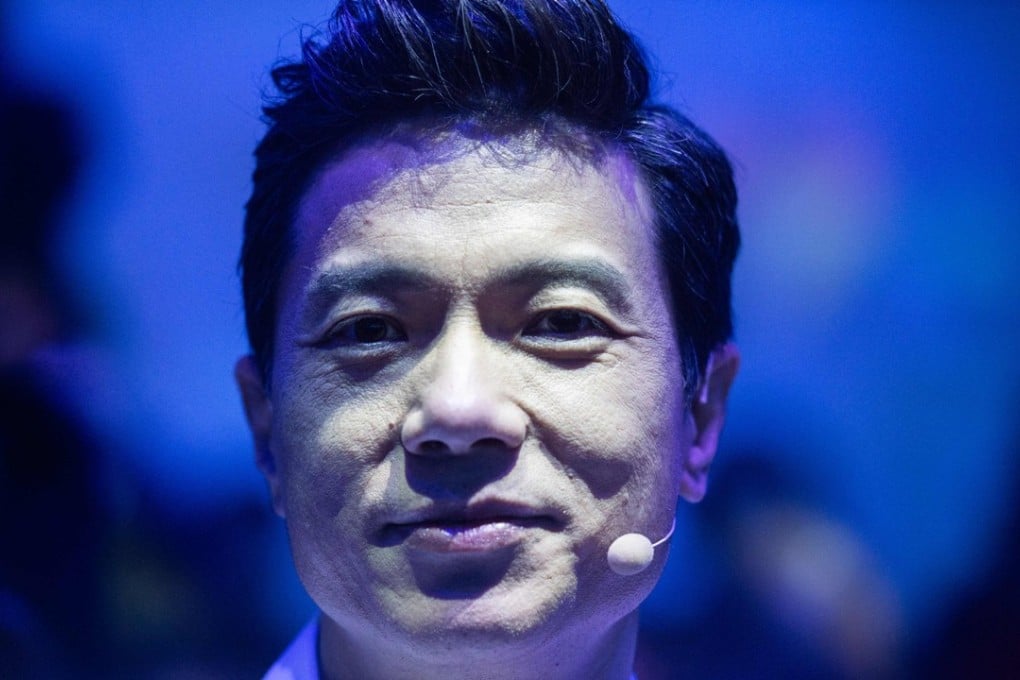Baidu chief attributes rise of company, China’s AI progress to state policies
- Robin Li joins a queue of Chinese tech entrepreneurs in praising government’s contribution to their success

Baidu chief executive Robin Li Yanhong has hailed the Chinese government’s supportive state and industry polices as major factors contributing to the rise and success of his internet company and the development of artificial intelligence (AI) in the country.
His remarks, published in an interview with state newspaper Beijing Times on Wednesday, come hot on the heels of similar comments by a bevy of technology entrepreneurs and top business leaders in recent weeks, all of whom have taken to media to openly praise the government.
“Reforms over the past few years have been effective and bear notable results,” Li was quoted as saying. “The dividend of government policies is a key factor behind China’s AI development.”
“Whether it is me as an individual or Baidu, we are all beneficiaries of the opening up and reform,” he said. “If there hadn’t been 40 years of rapid growth, or the surge of an online population from 8 million to 800 million, Baidu would not have been possible.”
Beijing-based Baidu operates China’s dominant search engine and has pushed into artificial intelligence, notably in autonomous cars where it is striving to build an open-platform for self-driving car technology.
Baidu is also part of a group of five companies including Tencent Holdings, Alibaba Group Holding, iFlyTek and SenseTime, tasked with building “open innovation platforms” in their respective fields.
The interview was part of a series of conversations with China’s top business leaders to cap the year and to help boost confidence in the private sector.